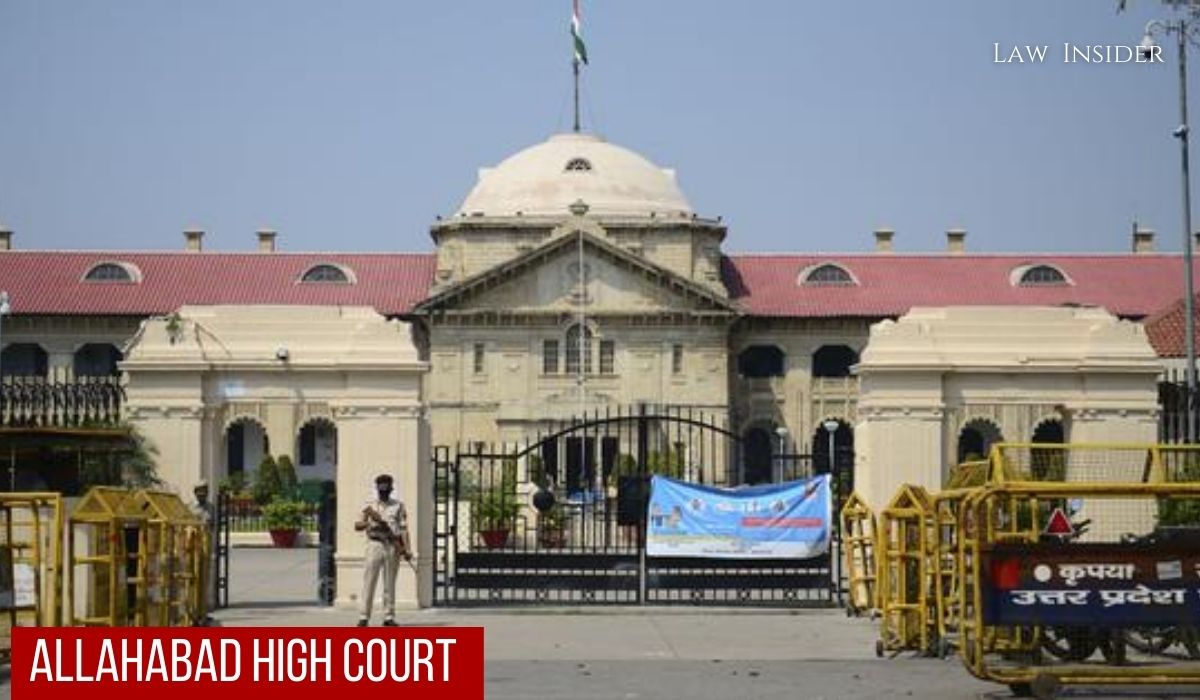LI Network
Published on: 13 September 2023 at 15:55 IST
The ongoing strike by lawyers in Uttar Pradesh has drawn strong criticism from the Allahabad High Court, which emphasized that courts exist to provide justice to people, not as a source of livelihood for lawyers or to meet monthly case disposal quotas.
Lawyers in the state have been on strike since August 30, protesting a recent police lathi charge on advocates in Hapur district.
In a case titled “Rakesh Kumar Keshari v Union of India,” Justice Kshitij Shailendra expressed deep concern over the strike, stating that every case brought before a judge involves real human problems related to life, liberty, livelihood, and more.
The court stressed that cases should not be treated as mere statistics and highlighted their purpose in addressing the grievances and problems of litigants.
The court’s order emphasized that many litigants belong to vulnerable and disadvantaged sections of society, who place their faith in the judicial system to seek justice.
The silent cries of these individuals for a civilized solution to their problems and for a level playing field should be heard and felt by both judges and lawyers.
The court’s observations came after it noticed that lawyers failed to appear for arguments, even though they were allowed to participate via video conferencing. Despite the court’s positive intervention and efforts to address the strike’s impact on case backlogs, lawyers continued to abstain from judicial work.
The court pointed out that the strike was leading to a daily increase in the backlog of fresh cases and recognized the need to ensure that litigants were not adversely affected by lawyers’ non-cooperation.
Consequently, the court adjourned the matter in the interest of justice, with the next hearing scheduled for September 26. Advocate Vivek Sharma represented the petitioner, while advocates Dhananjay Awasthi and Pratik Chandra represented the Union of India.
The Allahabad High Court’s stance underscores the importance of prioritizing justice over strikes and case quotas, emphasizing that the legal system should always work in the best interests of the people it serves.

